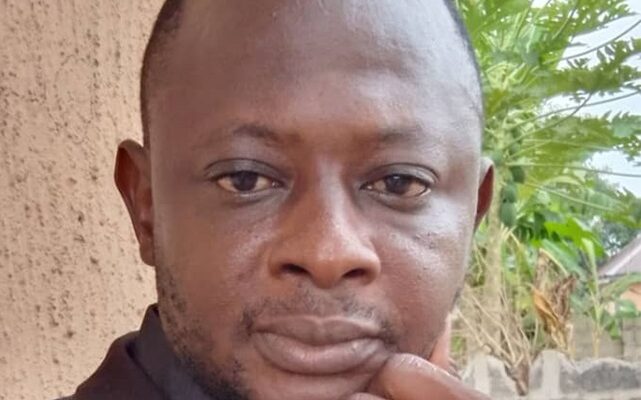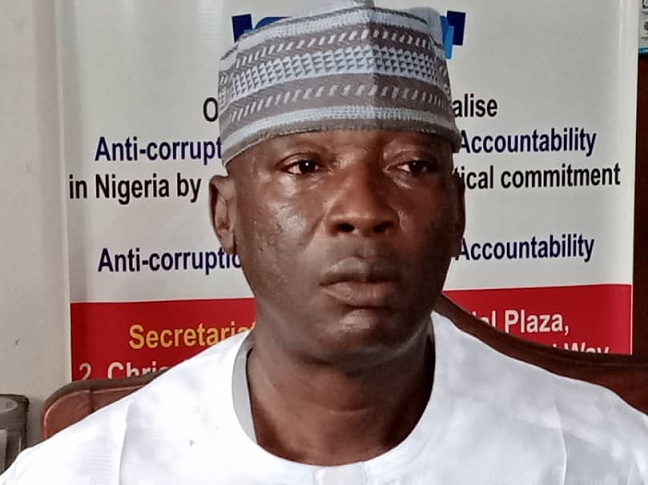Nigeria’s destiny has always hung precariously on the quality of its leadership. The nation’s vast human capital, immense natural resources, and unmatched cultural vitality remain persistently undermined by a chronic deficit of vision. Each electoral cycle has promised a new dawn, yet the morning sun rarely breaks. The fundamental question now presses itself upon us: can Nigeria escape its spiral of mediocrity without leaders who think and act with wisdom that transcends ordinary intelligence? The answer points toward what may be called superintelligence politicians—leaders who embody both the intellectual rigor to navigate complexity and the spiritual alignment to reflect the mind of God.
The Holy Scriptures frame this necessity with piercing clarity. “When the righteous are in authority, the people rejoice: but when the wicked beareth rule, the people mourn” (Proverbs 29:2). In Jeremiah 3:15, God makes a covenantal promise: “I will give you shepherds after my own heart, who will lead you with knowledge and understanding.”_ These texts reveal that governance, at its truest, is neither the art of coercion nor the accumulation of power, but the administration of justice and wisdom sourced in the divine. Nigeria’s long-suffering masses do not hunger merely for competent managers of statecraft; they yearn for leaders whose judgments arise from higher counsel.
Christian revivalists across the decades have discerned the same principle. Pastor Chris Oyakhilome once declared, “Leaders who walk with God think beyond human intelligence; they function with divine wisdom that governs nations in righteousness.” Bishop David Oyedepo sharpened this insight: “No man truly leads except he is led by God. Leadership without divine guidance is mere manipulation.” Apostle Ayo Babalola, one of Nigeria’s earliest prophetic voices, warned that “When God rules in the hearts of men, the community prospers beyond imagination. But when men rule without God, the land groans.” These voices, though deeply spiritual, converge on a single civic truth: the destiny of a nation is inseparable from the moral and spiritual intelligence of its rulers.
This is not only a religious conviction but a principle mirrored in secular discourses on artificial intelligence. Nick Bostrom, one of the foremost philosophers of our age, sounded the alarm in his seminal book Superintelligence: Paths, Dangers, Strategies: “Before the prospect of an intelligence explosion, we humans are like small children playing with a bomb… we have little idea when the detonation will occur, though … we can hear a faint ticking sound.” Bostrom’s metaphor underscores the danger of wielding immense capacities without the maturity to guide them. Substitute “humanity” for “Nigeria,” and the parallel becomes unsettlingly clear. A fragile state, armed with raw energy but devoid of wise stewardship, is perilously close to self-detonation.
Stuart J. Russell, a pioneer in the field of artificial intelligence, frames superintelligence as “superhuman ability to make high-quality decisions.” By this definition, political leadership is itself an arena that cries out for superintelligence. Nigeria’s woes have never stemmed from the absence of plans, policies, or programs. They arise from the consistent failure to make high-quality decisions at critical junctures—decisions that require both foresight and fidelity to principle.
Max Tegmark, another leading thinker on the future of intelligence, has observed: “The real worry with advanced AI is not malevolence but competence. If you have super-intelligent AI, then by definition it’s very good at attaining its goals, but we need to be sure those goals are aligned with ours.” His warning resonates profoundly with Nigeria’s predicament. Competence without alignment is catastrophic. A leader may be extraordinarily effective at entrenching corruption, manipulating institutions, or consolidating personal power. What is needed is not raw competence but moral alignment—leaders whose goals are tethered to the pursuit of justice, peace, and the flourishing of the people.
The Christian perspective again illumines this point. Dr. Paul Enenche has insisted, “Destiny is aborted when leaders operate in selfish intelligence instead of divine direction. A nation must hear God to survive.” Here lies the heart of the matter. Nigeria’s survival depends not on sheer cleverness, but on whether its leaders can bend their ambitions to the will of God. Wisdom, as James 1:5 assures us, is available: “If any of you lack wisdom, let him ask of God, that giveth to all men liberally.” But it must be sought with humility and exercised with courage.
What, then, does the call for superintelligence politicians demand of Nigeria? It demands a cultural revaluation in which wisdom is prized above wealth in political contests. It demands an educational framework that cultivates not only skilled technocrats but principled statesmen. It demands a spiritual renewal in which the church reclaims its prophetic role, reminding rulers that “the greatest power is not political, but spiritual,” as Prophet T.B. Joshua once insisted. Above all, it demands that the electorate itself recognize that leadership divorced from divine guidance is a mirage, no matter how dazzling its promises.
Nigeria today is akin to the child in Bostrom’s analogy, holding a bomb while unaware of its volatility. Its demographic explosion, its restive youth, its fragile economy, and its brittle institutions form a combustible mix. The choice before the nation is stark: either entrust its future to leaders animated by divine superintelligence or stumble into implosion under the weight of misrule.
The Scriptures offer both the diagnosis and the cure. They reveal why Nigeria groans and how it can rejoice again. They summon the people to demand leaders who are not merely cunning tacticians but shepherds after God’s own heart. And they reassure us that such leaders are not a utopian dream but a divine provision, promised to every nation willing to humble itself before heaven’s throne.
Nigeria cannot afford another generation of blind guides. Its very survival requires leaders who think at the level of superintelligence, but whose superintelligence is sanctified, not merely secular. To fuse the insights of the scholars with the vision of the prophets: Nigeria needs rulers who can make high-quality decisions, aligned with eternal values. Anything less is manipulation; anything less is peril.
Jeremiah’s promise endures: “I will give you shepherds after my own heart.” If Nigeria dares to embrace such leaders, the mourning will cease and the rejoicing will begin. In that moment, superintelligence politicians will no longer be an abstraction but the lived reality of a nation reborn.
– Inah Boniface Ocholi writes from Ayah – Igalamela/Odolu LGA, Kogi state.
08152094428 (SMS Only)




